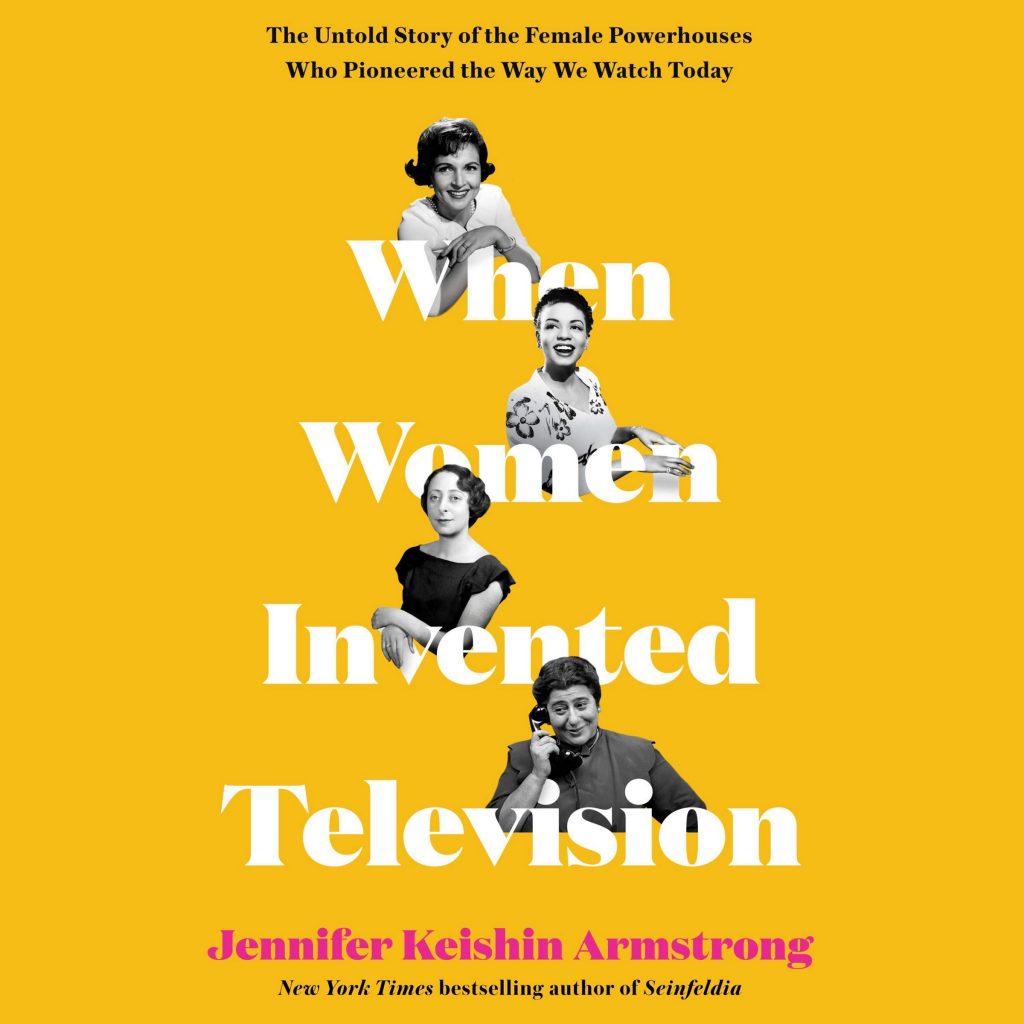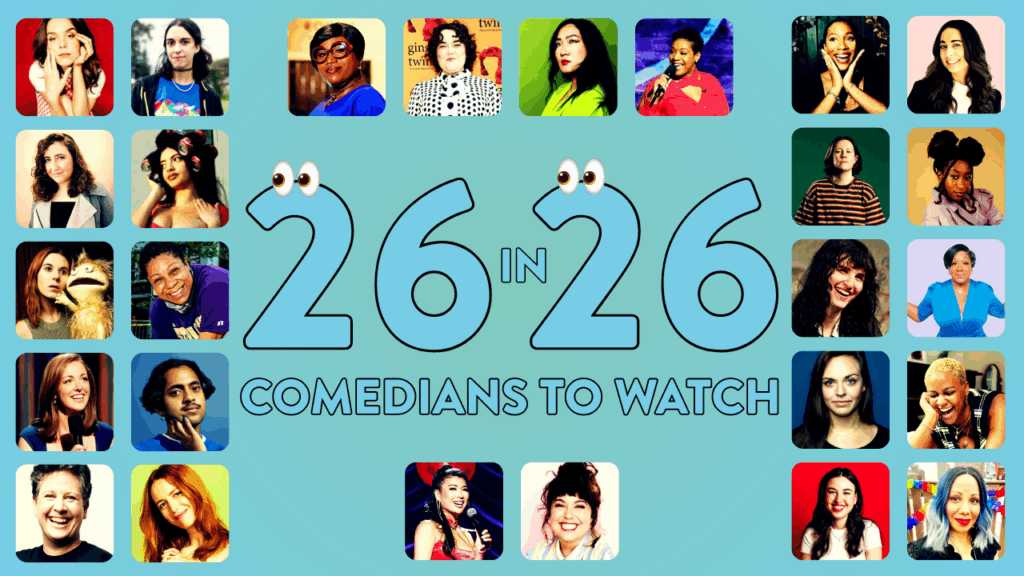We love Lucy, but these are the women who invented television

I’m a Lady of a Certain Age who has spent an entire high schooler’s lifetime *cough cough* trying to get my foot in the door of the entertainment industry. I can’t tell you how many pounds of makeup I have caked on my face, just hoping that a white man in a suit can maybe call me in to play Wife #4 and look girl-next-door, but sultry.
What’s kept me going? Knowing that the founding mothers of TV—Lucille Ball, Carol Burnett, Phyllis Diller, Joan Rivers—were iconic powerhouses who made their own work. If they could do it, so could I.
But what if I told you there was a whole generation of pioneering women who preceded them?
🤯🤯🤯
TV historian, journalist, and New York Times best-selling author Jennifer Keishin Armstrong had that same revelation. One day while doing research on “Mary and Lou and Rhoda and Ted,” she heard a name she’d never heard before. Which is saying a lot for someone who literally wrote the book on TV history. (Four, actually.)
“They mentioned Gertrude Berg, and I was like, I don’t know who that is—and that’s weird.” Jennifer told me when we met over Zoom to talk about her latest book, “When Women Invented Television.” (Well, she talked. I fangirled.) The book opens with a bold claim: “To reclaim television history for the women who made it.” A bold claim—which she nails.
In the book, we learn about four women: Gertrude Berg, Irna Phillips (no relation), Hazel Scott, and Betty White. Who? Who? Who? and yes, THE Betty White.
Berg and Phillips, Armstrong writes, were pushing 50 when they got their first television deals, and Phillips was a single mother of two kids. Whom she adopted. As a never-married woman. IN HER 40S. Hazel Scott was the first person to host a mainstream network variety show. Not just woman…person. OH AND A WOMAN PERSON OF COLOR. And Betty White literally invented the daytime talk show. Each of these four fierce femmes left their finger (and dress-) prints all over the sitcom, soap opera, variety, and daytime talk show molds. And only Betty is remembered—mainly for a cute little Superbowl ad.
Um, WHAT?!
Now, I’m not one to dig into non-fiction books. My copy of “The Tipping Point” is permanently stuck at 24% progress—but I devoured Jennifer’s book. Why is that?
Well, first, the content. THIS is its opening paragraph: “In the fall of 1948, a forty-nine-year-old woman, the absolute prototype of a Jewish mother, marched into the Madison Avenue office of the famous and debonair William S. Paley, the man in charge of CBS, and made a brazen demand. She wanted to write, produce, and star in her own television show. Gertrude Berg believed that she, of all people, deserved a spot on television, and she insisted that one of the most powerful men in media give it to her.” I mean, if that’s not a how-to manual on creating your own career, I don’t know what is. OK, Jennifer—I’m listening!
Second of all, Armstrong is a pure storyteller. She answers questions you didn’t even know you had. (Did Irna Phillips really dictate “The Guiding Light,” her 72-year-running soap opera, to her secretary from her bed? Yes. Yes she did.) The book weaves a compelling narrative that leads to a chilling climax: the advent of McCarthyism, which halted all on-air diversity in its tracks.
When we met over Zoom (DID I MENTION SHE MET WITH ME OVER ZOOM?), she continued, “McCarthyism is the kind of thing that tells us how important our media is, because they wouldn’t have gone after those people if didn’t have power. McCarthy certainly thought television was important enough to take those people off it. It tells you that there were white men in charge who were afraid.”
So what’s different now? How DO we get past those (afraid) white men in charge?
Amstrong’s answer: Build community.
“These women didn’t have places, they didn’t have support groups, they didn’t have women in Hollywood groups, they didn’t have women in comedy groups,” she says. “My total dream is thinking if these four women could get together and have dinner—how much they would have to talk about, and how much better they would have felt, because they would not have felt like they were alone.” And, though one epic dinner can’t fix everything, how much more powerful could they have been—together?
Says Armstrong: “We still have a long way to go, but things have certainly gotten better for women—at least we have places like GOLD.”
Yes, Jennifer. YES.
So, OK. Once again the dumb patriarchy ruins everything: these women’s brilliant careers (and lives) got cut painfully short, just as I spent way too many years trying to get men in suits to tell me that I’m good enough to do my art. HOWEVER. The difference is that I get to build my career on the shoulders of giants… giants who—thanks to the wonderful Jennifer Keishin Armstrong (who P.S. I Zoomed with) are finally getting the airtime they deserve.




